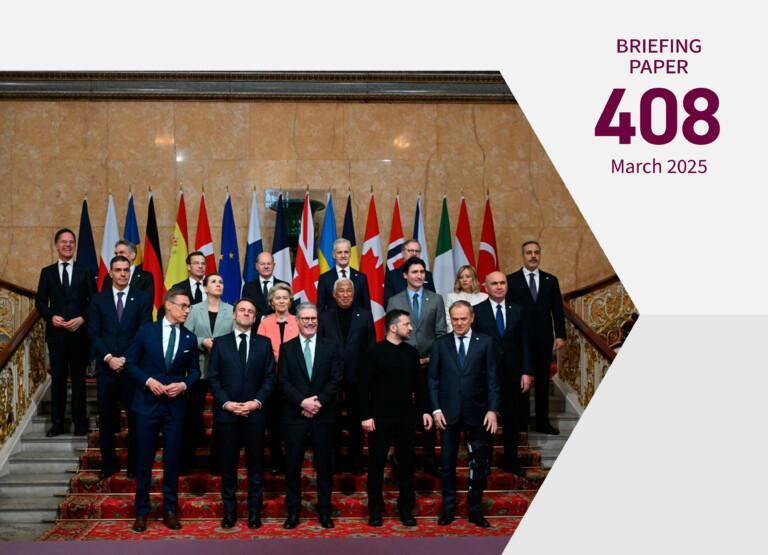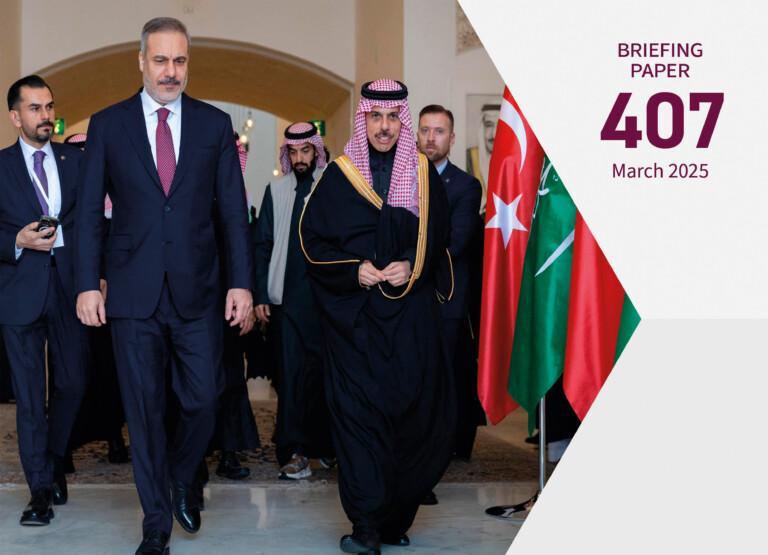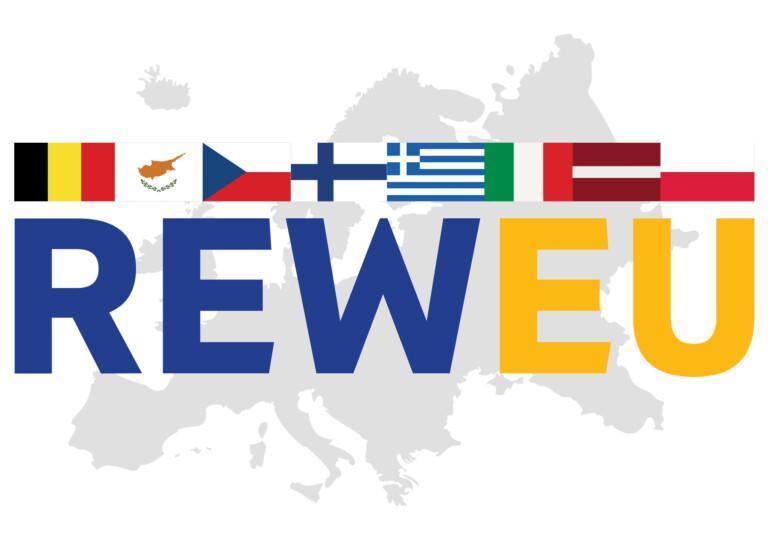
Serbia was granted EU candidate status on 2 March 2012. This will probably secure an election victory for the pro-European forces in the country, but it is also hoped that the positive momentum will bring Kosovo closer to the EU. Kosovo’s future now depends on the good faith of the EU member states and institutions.
The European Council decided to grant Serbia candidate status on 2 March 2012. This decision was linked to the breakthrough that emerged in the technical dialogue between Serbia and Kosovo.
The representatives of Kosovo and Serbia agreed that even though Serbia does not recognize Kosovo, Kosovo can represent itself in the regional cooperation structures under the name of Kosovo, with a footnote that this designation is without prejudice to positions on status, and is in line with UNSCR 1244/99 and the ICJ Opinion on the Kosovo declaration of independence.
The UN Security Council placed Kosovo under UN administration in 1999. The International Court of Justice noted in 2010 that Kosovo’s declaration of independence was not in violation of international law.
The EU had been calling for progress in the dialogue, and this agreement made it possible for the Union to take a unanimous stance on Serbia’s candidate status. Moreover, the EU’s decision will probably secure an election victory for the pro-European forces in Serbia, led by President Boris Tadić in the May parliamentary elections. It is also hoped that the positive momentum will bring Kosovo closer to the EU.
Serbia’s EU path has been a bumpy one. Its cooperation with the ICTY had long been inadequate. Only after war crime fugitives Radovan Karadžić and Ratko Mladić were captured and brought to trial in the Hague did the EU relations deadlock come to an end.
Kosovo declared independence on 17 February 2008, but Serbia insisted on continuing status negotiations. It was only in the wake of the International Court of Justice ruling on the independence declaration that Belgrade agreed to discuss practical issues with Pristina.
It was clear from the start that in this technical dialogue Serbia was the one that needed to bend. The International Community had a hard time accepting Serbia’s withholding of the cadastral records that the Serbs had taken out of Kosovo during the 1999 war. The land disputes were piling up in the Kosovo courts as the papers were not available.
In the regional cooperation structures, Serbia and Bosnia-Herzegovina refused to recognize Kosovo’s independence and insisted on UNMIK representatives speaking for Kosovo in the meetings. This dispute paralyzed the decision-making processes of the regional free trade association, CEFTA.
During the UN administration, Kosovo had been a separate customs area, and customs had been collected on its borders. After independence, Serbia refused to recognize the Kosovo custom stamps and put Kosovo under a unilateral trade boycott. Finally, last autumn, an agreement was reached on the custom stamps, which angered the Serbs living in northern Kosovo. Violent clashes are regular occurrences on the two border crossing points in the north as the Serbs living in the area oppose the customs border.
The Serbs living in the north do not accept the Ahtisaari package, which would, in effect, grant the Serb minority considerable autonomy through the local administration in the framework of Kosovo’s state administration, which the majority of Serbs do not recognize. Germany, whose peacekeepers have been under fire in the north, has demanded that Belgrade exert influence on the Kosovo Serbs. The best way to exercise this influence would be to not finance the parallel structures still in place in the north, but this seems to be too risky for any political leader in Belgrade. Thus Serbia continues to walk a fine line between the EU requirements and its doomed Kosovo policy.
Progress in the technical dialogue shows that Serbia has had to yield in the face of European pressure. The carrot of EU membership has been the only motor in pushing for agreements. The implementation of these agreements has, however, been very slow.
The name agreement can be regarded as a breakthrough which allows the reform of the founding acts of the regional organisations to the effect that Kosovo representatives can sign for themselves.
Will this solution open the doors for Kosovo’s contractual relationship with the EU? Now that Serbia has agreed on the name, this could probably be used in the EU agreements as well. Kosovo’s neighbours all have stabilisation and association agreements with the EU and many are official candidate countries waiting for the accession negotiations to commence. Kosovo has not been able to negotiate with the EU, however, as five member states do not recognize Kosovo’s independence.
It is to be hoped that these opponents will accept contractual relations with Kosovo if the name includes the footnote agreed on with Serbia. Cyprus may be the biggest opponent of such a proposal, as the Greek Cypriot government is afraid that the Kosovo example will serve to fuel the demands of the Turkish Cypriots.
Kosovo’s future now depends on the good faith of EU member states and institutions alike. Membership of the European Bank of Reconstruction and Development would be important in bolstering Kosovo’s economy. The calculations to achieve the necessary back-up for membership are duly being made.
The EU Commission’s good faith will also be needed in preparing a trade agreement with Kosovo. Kosovo’s economic clout is minimal, so goodwill will be required on the part of the Commissioner for Trade to ensure that the EU even bothers negotiating a trade agreement with such a tiny counterpart. All the Western Balkan countries apart from Kosovo enjoy visa freedom with the EU.
During the recent crisis years, many EU member states have resorted to selfish foreign policies. EU member states need to refrain from being so preoccupied with internal politics if they want to see the Western Balkans develop into an economically sound and democratically stable region. A poor area with no clear future perspective would be in no one’s best interests in Europe.









